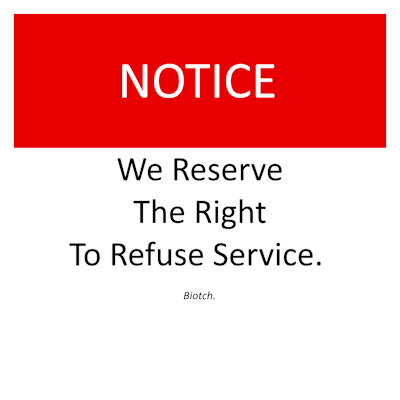
I’ve seen plenty of folks talking about ‘First Amendment’ and ‘Freedom of Speech’ in the context of TikTok, as I saw on Facebook, as I saw on…
All the way back to AOL. Strangely, I don’t remember the topic on BBSs (Bulletin Board Systems), mainly because everyone on those generally understood the way things are.
As a moderator on websites in the early days of the Internet right up to WSIS, I heard it again and again. “You can’t restrict my freedom of speech!”
Social media platforms are private companies and are not bound by the First Amendment. In fact, they have their own First Amendment rights. This means they can moderate the content people post on their websites without violating those users’ First Amendment rights. It also means that the government cannot tell social media sites how to moderate content. Many state laws to regulate how social media companies can moderate content have failed on First Amendment grounds.
“Free Speech on Social Media: The Complete Guide“, Lata Nott, FreedomForum.
Most sites also cannot, in most cases, be sued because of users’ posts due to Section 230 of the federal Communications Decency Act.
The link for the quote has a great article worth reading, because there are some kinds of speech that you can get in trouble for. No sense rewriting a good article.
So this idea about ‘free speech’ on any platform controlled by anyone other than yourself is incorrect. Wrong.
Once you don’t break the terms of service or laws in the country you’re in or the country where the platform is hosted (legally), you can say whatever you want. The principle of the freedom of speech is assumed by a lot of people because it’s in the interests of platforms to let people say whatever they want as long as it doesn’t impact their ability to do business – irritating other users, threatening them, etc.
Even your own website is subject to the terms and conditions of the host.
There’s a quote falsely attributed to Voltaire that people pass around, too: “To learn who rules over you, simply find out who you are not allowed to criticize.” Powerful words, thoughtful words, unfortunately expressed by someone who is… well, known for the wrong things.
It doesn’t seem to apply that much on social media platforms anyway. I have routinely seen people on Twitter griping about Twitter, on Facebook griping about Facebook… the only social media platform I haven’t seen it on is LinkedIn, but I imagine someone probably did there too.
This idea seems to come up at regular intervals. It could be a generational thing. In a world where we talk about what should be taught in schools, this is one of them.
Government interference in these platforms moderation could be seen as a First Amendment issue. With TikTok, there’s likely going to be a showdown over freedom of speech in that context, but don’t confuse it with the user’s first amendment rights. It’s strange that they might do that, too, because where ByteDance (the owning company) is based, they couldn’t sue their government. China’s not known for freedom of speech. Ask Tibet.
The second you find yourself defending a platform you don’t control, take a breath and ask yourself if you can’t just do the thing somewhere else. You probably should.
The Fediverse isn’t too different, except you can find a server with rules that work for you to connect to it.